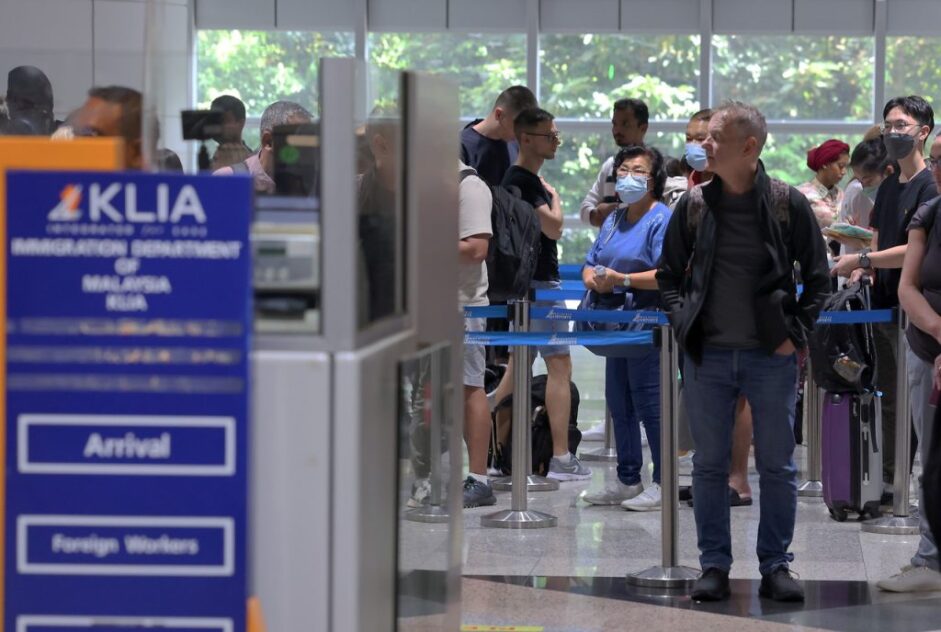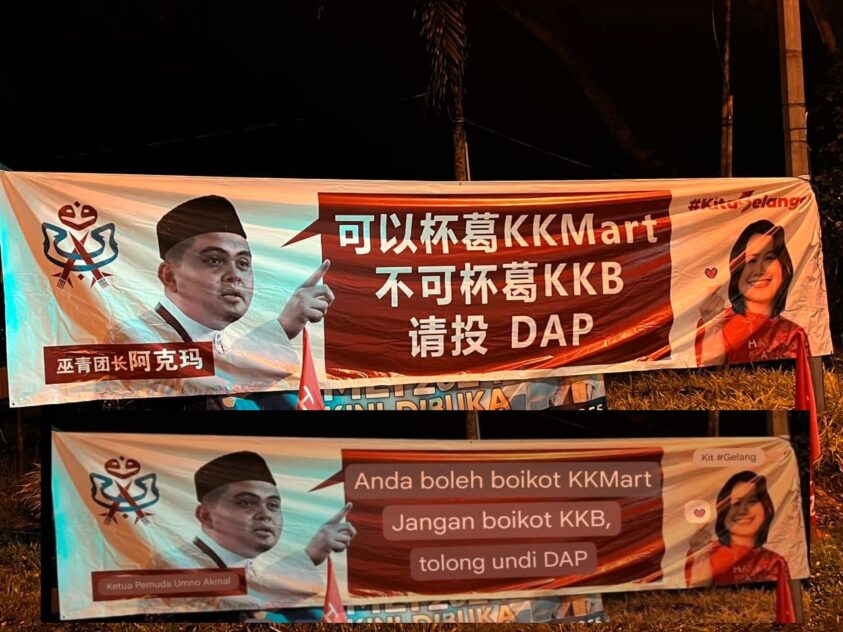MIDF Research maintains its negative recommendation on the automotive sector, citing a severe contraction in total industry volume (TIV) in March.
According to MIDF Research analyst Hafriz Hezry, auto sales volume came up to 22,478 units, a 59% year-on-year (yoy) contraction and a 45% fall month-on-month.
“This reflects the initial impact of the Movement Control Order (MCO) which was initiated on March 18. The sales weakness was seen across the board with key players such as Proton, Perodua and Honda registering 47%, 63% and 62% yoy contractions respectively,” said Hafriz, adding that Nissan had seen the sharpest contraction with a fall of 84% yoy.
Year to date, the TIV of 106,428 units represents a 26% contraction. The expectation is that April’s TIV will worsen, given there were virtually zero sales during the month.
Recall that, previously, MIDF Research had forecast a 2020 TIV of 504,580 units following the announcement of Phase Three of the MCO. Now, with Phase Four in force, the expectation is that 2020’s TIV will contract a further 16.5% yoy, while sector earnings are expected to fall 51%.
“A recovery post-MCO is likely to be pushed out given the implications on job security, wage outlook and consumer sentiment; consumers would have likely shifted into ‘survival mode’ now with little priority for discretionary spending,” noted Hafriz.
The analyst added that some players have also reportedly implemented salary cuts for employees with fee reductions for independent directors in response to the slowdown in sales. The absence of support schemes such as the scrapping programme during the 2008 financial crisis underpins MIDF’s more bearish expectations.
At the same time, it has been reported that a group of associations comprising the Perodua, Proton, Honda, and Toyota Dealers Associations as well as the Federation of Motor and Credit Companies Association of Malaysia have submitted a memorandum to the Ministry of Finance.
The requests in the memorandum include a government grant or subsidy to distributors, workshops, and after-sales service vendors to weather the Covid-19 crisis, the removal of duties until the end of 2020, the reduction or abolishment of corporate tax for at least six months, and for monthly instalments on business loans to be given a grace period with a reduced interest rate.
Hafriz believed that a temporary sales tax holiday, such as the one implemented in 2018, could help to temporarily lift sales and ease the cash flow crunch currently faced by the sector.
“When it was implemented in June to August 2018, the tax holiday drove the June, July and August 2018 TIVs up by some 28%, 41%, and 27% yoy respectively, as consumers rushed to lock in purchases to benefit from the effectively lower purchase price. The 2018 TIV ended 3.8% higher, close to the 600,000 mark after a two-year contraction in 2016 to 2017,” noted Hafriz.
As it stands, the sector is likely to be dominated by negative newsflow and datasets over the coming months, and any further extension to the MCO would translate into further downside to MIDF Research’s TIV forecasts.
“Nonetheless, balance sheets are currently solid with the players under our coverage attaining either net cash positions, such as MBM Resources Bhd and Bermaz Auto Bhd, or manageable net gearing of below 40%,” said Hafriz. — April 30, 2020










